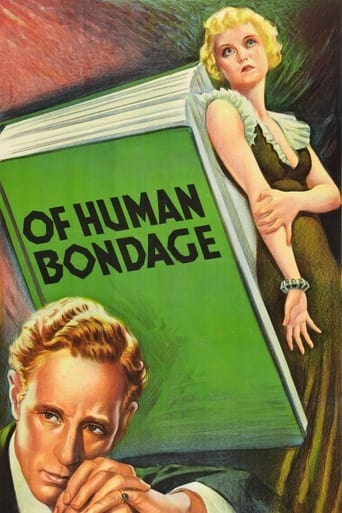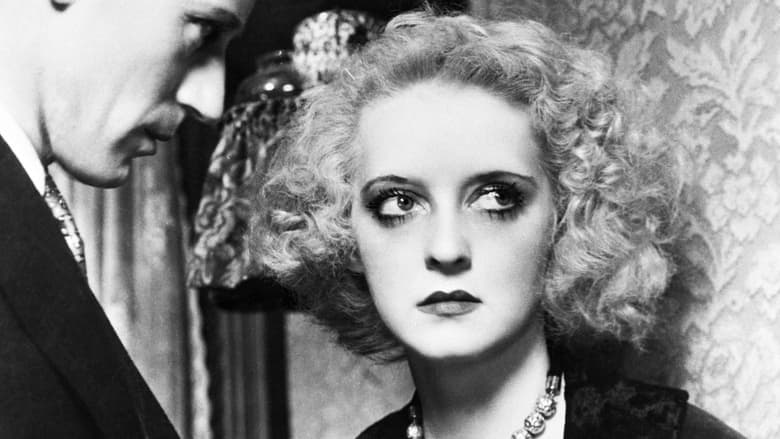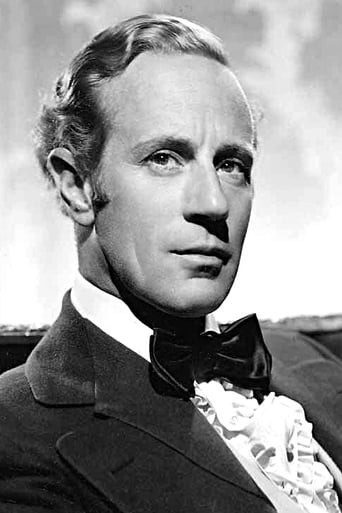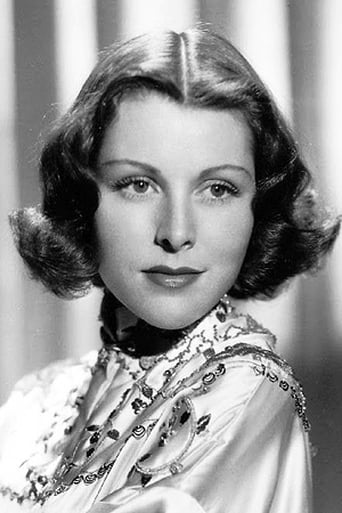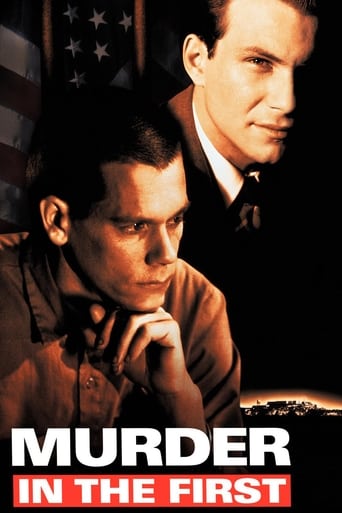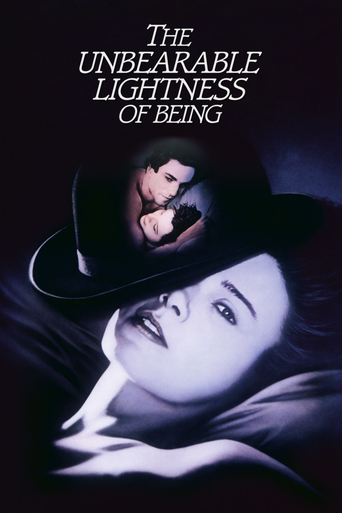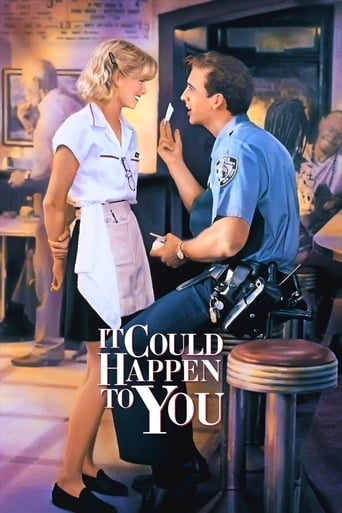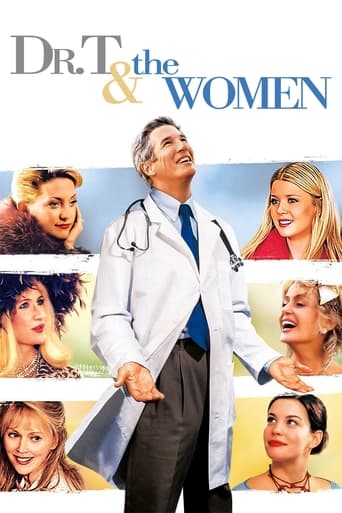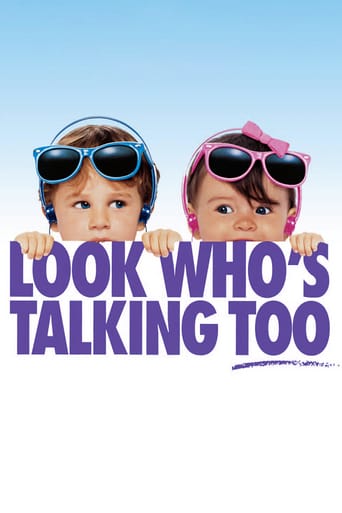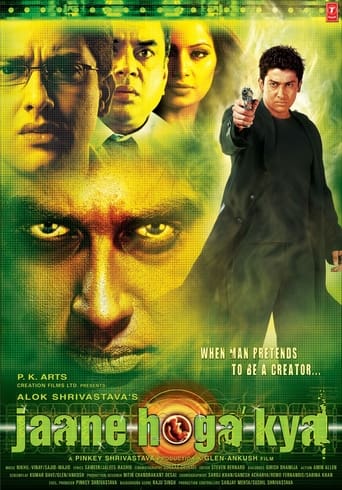Of Human Bondage (1934)
A young man finds himself attracted to a cold and unfeeling waitress who may ultimately destroy them both.
Watch Trailer
Cast
Similar titles
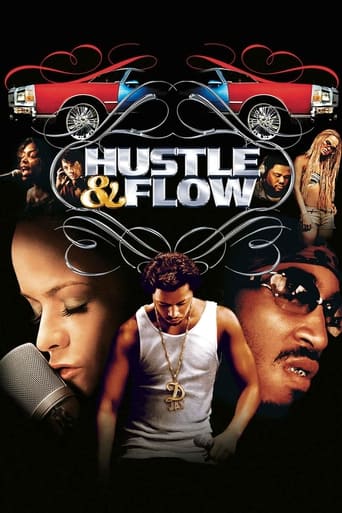
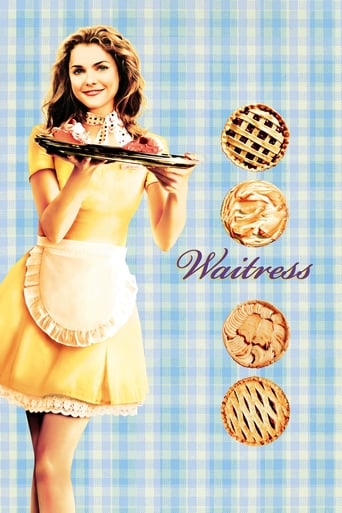
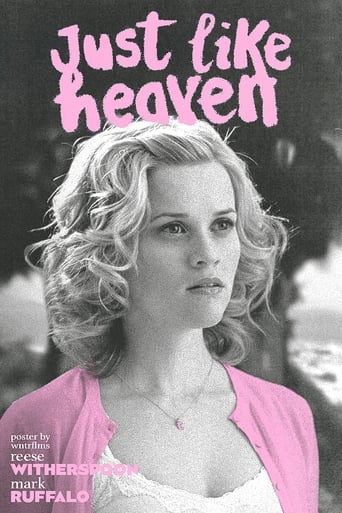
Reviews
Absolutely brilliant
Simple and well acted, it has tension enough to knot the stomach.
The movie's neither hopeful in contrived ways, nor hopeless in different contrived ways. Somehow it manages to be wonderful
The film may be flawed, but its message is not.
Fearing that he will never be anything more than a mediocrity, young painter Philip Carey abandons his artistic ambitions in order to train as a doctor. The film, however, is less about Philip's medical career than about his love life and about the three women who feature in it- waitress Mildred Rogers, romantic novelist Norah and Sally Athelny, the daughter of one of his patients. Somerset Maugham's title does not refer to "bondage" in its literal sense of "slavery" or in the sense of a sado-masochistic sexual practice. Instead, he uses the word as a metaphor for those strong emotions, especially unrequited love, which bind one human to another. Norah is "bound" to Philip, whom she loves deeply, but he is equally "bound" to Mildred. He suggests that Mildred is in turn "bound" to another man, Emil Miller, but this is not entirely borne out by the script. Mildred is too self-centred to be in love with Miller or any other person."Of Human Bondage" is sometimes described as the film that made Bette Davis a star. She certainly wanted the role of Mildred desperately and fought hard to persuade Warner Brothers, to whom she was under contract, to lend her to RKO, who were making the film. Studio head Jack Warner was initially reluctant to do so because he feared that the role might harm Davis's glamorous image, but eventually relented after several other actresses, including Katharine Hepburn, had turned it down. Her performance was critically acclaimed and the Academy's failure to nominate her for a "Best Actress" Oscar was controversial; a number of voters protested by "writing in" her name. In the event the award went to Claudette Colbert for "It Happened One Night", but Davis finished third, behind Colbert and Norma Shearer but ahead of Grace Moore, who had been officially nominated.In some respect Davis's performance is indeed a good one. Although this was an American film, it kept Maugham's British setting, even though it updated it from the late Victorian period to the 1930s, which meant that Davis needed to master a Cockney accent. Her accent in this film is what might be called "faux-genteel Cockney". It is an accent not much heard these days, but in the late nineteenth and early twentieth centuries it was commonly used by those working-class Londoners such as waitresses, shop-assistants and domestic servants whose work brought them into frequent contact with the upper classes. It can be a difficult accent to get right, even for British actors, but Davis nails it perfectly.Davis also succeeds in portraying convincingly the less attractive sides of Mildred's personality- not only selfish and self-centred but also vulgar, sluttish, hypocritical, lazy, spiteful, foul-tempered, vindictive and a bad mother. It is also implied, although never directly stated, that Mildred is sexually promiscuous; the film came out just before the Production Code was adopted, but even in the Pre-Code era there was a limit as to what you could get away with. What Davis does not succeed in doing- and here the fault may lie as much with the scriptwriter and the director John Cromwell- is to portray the more attractive sides of Mildred's personality. Indeed, it is strongly suggested that Mildred does not have an attractive side to her character- not even a superficially attractive side. She may be a hypocrite, but is not really a convincing hypocrite, and even when she is trying to convince Philip of her love for him her protestations seem false and hollow.To make a "good man loves bad woman" storyline seem convincing the bad woman should be seen to possess some redeeming qualities, in appearance if not in reality, and apart from her looks Mildred never strikes us as having a single characteristic which might make any man in his right mind fall in love with her. Philip might nominally be the hero of the film, but he comes across looking more like a booby. I think that the Academy got it right in giving the Oscar to Colbert; the pro-Davis campaign may have been motivated by the idea that performances given in serious dramas are somehow more worthy of such honours than those given in comedies. The psychological explanation we are given is that Philip, who has a club foot, is a shy, insecure young man, suffering from self-doubt. It is precisely because of this self-doubt that he falls so obsessively in love with Mildred, refusing to believe that any better woman could ever want him, and obstinately persisting in this belief even when two better women, Norah and Sally, have made it clear that they do want him. From what we see of his paintings and drawings, which reveal him to be more gifted than he gives himself credit for, there is also a suggestion that his abandonment of his artistic career may also owe more to a lack of self-confidence than to a lack of talent.Leslie Howard, however, never seemed convincing in the role; his normal screen image was that of the urbane English gentleman, sometimes outwardly reserved but generally inwardly confident and assured, and here I could never really accept him as a man plagued by self-doubt. It didn't help that he and Davis did not hit it off- he thought an English actress should have been cast in the role- and something of his off- screen coldness towards her comes across in his on-screen manner. Maugham's story is a good one, but this adaptation, although it has its good points, is never very emotionally involving. I have never seen the two remakes from 1946 and 1964 but would be interested to do so. 6/10
It's a little hard to watch this one, just as it was a little hard to read the novel by W. Somerset Maugham. Leslie Howard plays the sensitive, club-footed young man who falls for a lower-class, vulgar woman who manipulates and exploits him time and time again. Bette Davis plays the woman brilliantly, and for her performance I could have notched up my rating half a star. The movie has one scene worth watching in particular – the one where she viciously rips into him after he tells her that she disgusts him. Her response: "Me?! I disgust you? You, you, you're too fine! You'll have none of me, but you'll sit here all night looking at your naked females...You cad! You dirty swine! I never cared for you, not once. I was always makin' a fool of ya. You bored me stiff! I hated ya! It made me sick when I had to let ya kiss me. I only did it because ya begged me. Ya hounded me and drove me crazy! And after you kissed me, I always used to wipe my mouth! WIPE MY MOUTH! I made up for it. For every kiss, I had a laugh. We laughed at ya, Miller and me, and Griffith and me, we laughed at ya! Because you were such a mug, a mug, a mug! You know what you are? You gimpy-legged monster? You're a cripple! A cripple! A cripple!" Despite that, he STILL returns back to her (arrgh), which is disagreeable to watch, even though he has a benign acceptance about being doomed to love her, just as a much friendlier woman is doomed to love him. And so it goes. The movie would firmly establish Bette Davis as an actress, and rightfully so, though she was snubbed by the Academy. I found it interesting to read later that there was such an uproar over it that the Academy president said write-in votes could be cast, and Davis received enough to finish ahead of one of the nominees, but not enough to beat Claudette Colbert who would win for 'It Happened One Night' (the process would be changed the following year). Unfortunately, Davis can't completely overcome the masochism of the story, or Leslie Howard's somewhat wooden performance.
Leslie Howard and Bette Davis appeared together in three films-this outstanding adaption of a classic novel, a crime drama with psychological overtones, and a screwball comedy set in the world of the theater. They first showed each other their acting prowess in this biting adaption of the Somerset Maugham tale of sexual awakening and the revelation that physical attraction doesn't always transfer smoothly into emotional attraction. As only part of the story is seen here, the story focuses on two of the major characters, but what is here is so divinely acted and brilliantly written that the shell of the entire story is good enough and certainly could have warranted sequels including the remainder of the tale.I always thought that at the beginning of her career, Meryl Streep truly resembled a very young Bette Davis, and in several extreme close-ups here, I believe that to be even more true. The fact that a good majority of Streep's early films depended on a variety of accents and that Bette Davis provided a totally believable cockney accent here was even more validation for my belief. Davis truly gave 150 percent of herself in creating this character, alternating between being rude and seductive, yet never lessening the fact that this crass waitress she plays is truly the epitome of the tramp, having only her interests at heart and incapable of love, even when facing the destiny of eternity.Davis's Mildred seems to have the inability to look at anybody straight in the eye unless she is doing one of two things, trying to seduce them or trying to destroy them. She is the epitome of the passive/aggressive bitch, using men for whatever she can get from them, treating them like crap (which makes them seem to want her all the more) and finally turning on them when they make it clear that they have discovered what she's been up to all along. She goes after crippled medical student Leslie Howard with every gusto, practically ignoring him when he begins to gently flirt with her, then providing him with no type of commitment when he makes it clear that's what he wants. He wises up to her very fast, especially when he begins to see other women who are true ladies. Her predatory female obviously will destroy herself, but even then she can't resist the last ditch effort to try and bring him down with her!As for Leslie Howard's character, he starts off as a bit of a naive but isn't perfectly innocent, collecting paintings of nude women Mildred eventually harasses him about. He finds that his attraction to Mildred was a misguided case of lust and finds two true ladies (Kay Johnson and Frances Dee) worth his time more than trashy sexpot Davis. Alan Hale (Sr.) plays the gregarious rich man who steals Davis away from Howard and leaves her pregnant and very much in need. A scene between Hale and Howard where he shows him a picture of his real family ends up being very funny in an ironic way, but the fact that he pretty much leaves Davis and her newborn baby to fend for themselves makes Hale just another cruel cog in the wheel which shows the type of history which lead Davis's Mildred to becoming the cold female she turned out to be. In fact, there's not really an ounce of niceness here in scenes not involving Howard and the true ladies in his life.It's easy to see why this may not have pleased Academy voters in 1934 even though Davis got the best reviews of any actress probably in sound films up to that time. In the early-mid 1930's, the Academy only nominated three performers, and Davis's omission was quite the talk of the day. She won the following year in an obvious consolation prize for a similar film of a predatory female in "Dangerous", even having the similar "tell off" scene which she did so brilliantly here and which mimics still repeat word for word to this day. While excellent in "Dangerous", it really still was a repeat of what she had done here (minus the cockney accent) and lacking in the details in the script which made her mesmerizing here. This too obviously faced the wrath of the Hays code, updated this year, and that too could have influenced voters not to choose someone so obviously worthy of the award.
A must watch film, I genuinely loved it. Easy to watch and get drawn into, not that dated at all, and a good story we can all relate to.Lots of reviews here waxing lyrical about Bette Davis' bawdy performance, and in general I go along with them, bar her pitiful attempt at a cockney accent.Its worse than Dick van Dykes (Mary Poppins) and I never thought I'd say that about anyone. Dick had a naiive comedic consistency in his americanised version. Bette is all over the place, mainly sounding like a posh girl pretending badly to be cockney and throwing in intonations I've never heard anyone speak. Very false and messed up, and irritating - but that is what she's portraying too, so it kinda works. She was either sheltered and made no attempt to get out and hear how people speak or she wouldn't have dared do what she did, or else she has no accent skills.Beyond the accent, yes, Bette makes the film funky and fun. The other actresses I think perform better, are more convincing character wise. Kay Johnson (Norah) is stiff upper lip British and understated, a mirror to Leslie Howards character, though lighter. Frances Dee (Sally) plays a young girl who accepts her place with a charm and a wisdom beyond her years - and is the heavenly beauty of the film.Watch, enjoy, and indulge in reminiscences of the unrequited loves in your life.
